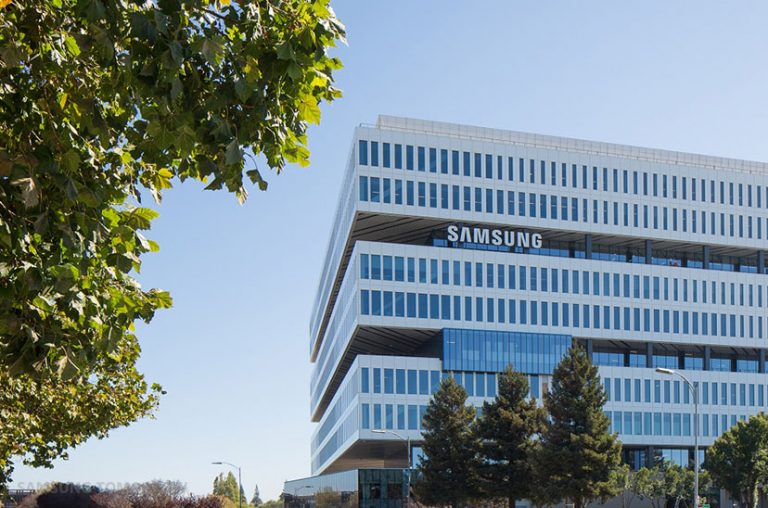 INFRA
INFRA
 INFRA
INFRA
 INFRA
INFRA
Samsung Electronics Co. Ltd. has reportedly put off mass production at its new chipmaking fab in Taylor, Texas, by up to six months.
The delay appears to be a blow to President Joe Biden’s administration’s ambitious plans to increase domestic semiconductor manufacturing.
Bloomberg cites reports in South Korean media as saying that mass production at the upcoming $17 billion chip fabrication plant will now begin in 2025. The report said the delay was announced by the President of Samsung’s foundry business Choi Siyoung at an industry event in San Francisco.
The company had previously planned for mass production at the new plant to kick off in the second half of 2024, but will now hold off until sometime in 2025, the report said. Spanning a kilometer in length, the site at Taylor has sufficient space to accommodate up to ten additional fabs beyond the first one.
The initial production line at the factory is set to produce four-nanometer semiconductors. At present, output from the Taylor plan is about 5,000 wafers per month, about a sixth of what Samsung’s new four-nanometer foundry in Pyeongtaek, South Korea, is capable of.
The decision to postpone mass production follows a similar announcement by Samsung’s main chipmaking rival, Taiwan Semiconductor Manufacturing Co, which said earlier it will delay production at its new Arizona fab until 2025 because of a shortage of construction workers and machine installation technicians. Like Samsung, TSMC had also planned to bring its new plant fully online by 2024.
If true, the report will be a big setback for President Biden’s grand plan to crank up U.S. chip production to avoid supply disruptions, similar to what occurred in 2021 at the height of the COVID-19 pandemic.
Business Korea later elaborated on the original report, saying that Samsung is apparently concerned over the U.S. government’s sluggishness in freeing up funds that were supposed to be made available to it through Biden’s CHIPS Act. Under the CHIPS and Science Act, the government will grant billions of dollars in subsidies to semiconductor firms that commit to building new facilities on U.S. soil. But the bulk of these subsidies have not yet been paid out, with just $35 million being awarded out of the total $52 billion that was promised.
Samsung is also said to be concerned that its rival Intel Corp. might be getting priority treatment. Last month, a report by The Wall Street Journal said Intel could receive up to $4 billion in grants earlier than other chipmakers. Samsung reportedly is now lobbying politicians for a more equal distribution of funds that does not favor Intel. The company made its initial investment in Texas only because it trusted the CHIPS Act would go into effect, the Business Korea report added.
Finally, Samsung continues to have fears about the state of the global economy. Although the U.S. appears to have managed to avoid an official recession, other parts of the world are still struggling. As a result, Samsung is still reeling from lower dynamic random-access and solid-state drive prices, which have eroded the profitability of its chipmaking business.
Support our mission to keep content open and free by engaging with theCUBE community. Join theCUBE’s Alumni Trust Network, where technology leaders connect, share intelligence and create opportunities.
Founded by tech visionaries John Furrier and Dave Vellante, SiliconANGLE Media has built a dynamic ecosystem of industry-leading digital media brands that reach 15+ million elite tech professionals. Our new proprietary theCUBE AI Video Cloud is breaking ground in audience interaction, leveraging theCUBEai.com neural network to help technology companies make data-driven decisions and stay at the forefront of industry conversations.